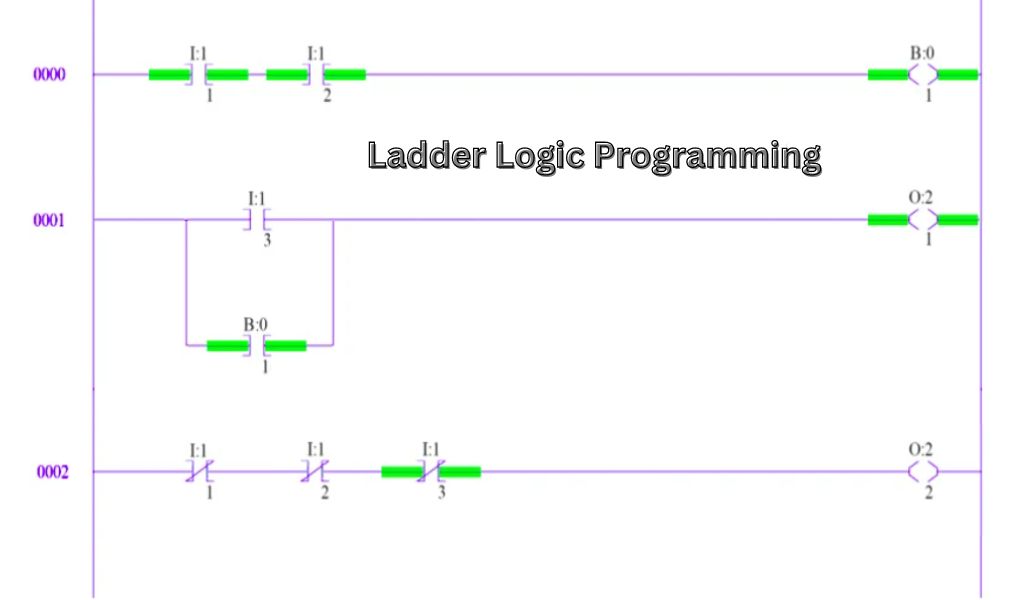In Laravel, every post put, and delete request has an accompanying CSRF token that needs to be given along with the request. If this is not remedied, the request will be denied. The official documentation for Laravel contains further information regarding CSRF prevention.
A Basic GET Route
You may construct a GET request route for /table using the code that is below; doing so will cause the table to be displayed on the screen.
|
Route::get(‘/table’, function () { for($i =1; $i <= 10 ; $i++){ echo “$i * 2 = “. $i*2 .”<br>”; } }); |
Now, let’s say you want the user to select the number of copies of the table that should be printed by the route. The following is the routing code for such a path:
|
Route::get(‘/table/{number}’, function ($number) { for($i =1; $i <= 10 ; $i++){ echo “$i * $number = “. $i* $number .”<br>”; } }); |
A route variable was created and provided to the route function in the preceding code. Any time a user navigates to /table and includes a number in the request, the function will now output the table corresponding to that number.
Indeed! Optional parameters are supported in Laravel, and you will be able to implement them by appending a question mark (?) to the end of the parameter’s name and the default value. Here’s what you’ll do for the preceding route example:
|
Route::get(‘/table/{number?}’, function ($number = 2) { for($i =1; $i <= 10 ; $i++){ echo “$i * $number = “. $i* $number .”<br>”; } }); |
If you face error, you can also check How to fix “The POST method is not supported for this route. Supported methods: GET, HEAD”.
Regular Expression Constraints For Route Parameters
Up above, we established a path for a table, but how can we check if the parameter passed along that path is, in fact, a numeric value so that we don’t encounter any errors while constructing the table?
When creating a route in Laravel, you can use the ‘where’ method on the route instance to establish a restriction for the route’s parameters. The where method accepts a parameter name and a regular expression rule specific to that parameter. First, let’s set a requirement that the function accepts only the value “number” for the “number” parameter.
|
Route::get(‘/table/{number?}’, function ($number = 2) { for($i =1; $i <= 10 ; $i++){ echo “$i * $number = “. $i* $number .”<br>”; } })->where(‘number’, ‘[0-9]+’); |
You can also define a regular expression for our route number in the preceding code snippet. A NotFoundHttpException will now be shown if the user attempts to route to the /table/no path.
Laravel Routing with Controller Function
In Laravel, it is possible to assign a controller method to a route. In the presence of a controller method, whenever a user visits the route, the defined method of the controller will execute the actions.
Use the following code snippet to assign a controller method to the route.
Route::get(‘/home’, ‘YourController@functionname’);
The code begins with ‘Route::’ and defines the route’s request method. Next, describe your route, followed by the Controller and the method you wish to tie to this route by prefixing the method’s name with the @ sign.
Naming Your Route
You can define the name of your route in Laravel. This moniker is frequently useful in a variety of situations. If you wish to redirect a user from one route to another, for instance, you do not need to define the complete redirect URL. Instead, you need to only provide its name for the code to function! Using the ‘name’ method on the route object, you may define the route’s name.
|
Route::get(‘/table/{number?}’, function ($number = 2) { for($i =1; $i <= 10 ; $i++){ echo “$i * $number = “. $i* $number .”<br>”; } })->where(‘number’, ‘[0-9]+’)->name(‘table’); |
Now, I am able to regenerate the URL for this route by:
$url = route(‘table’);
Similarly, the correct syntax for redirecting to this URL would be:
return redirect()->route(‘table’);
Conclusion
We have discussed the Laravel 5.5 route. I presented other related ideas pertaining to routes, including regular expressions and route names. You might also refer to the official Laravel routing docs to learn more about routing.











































